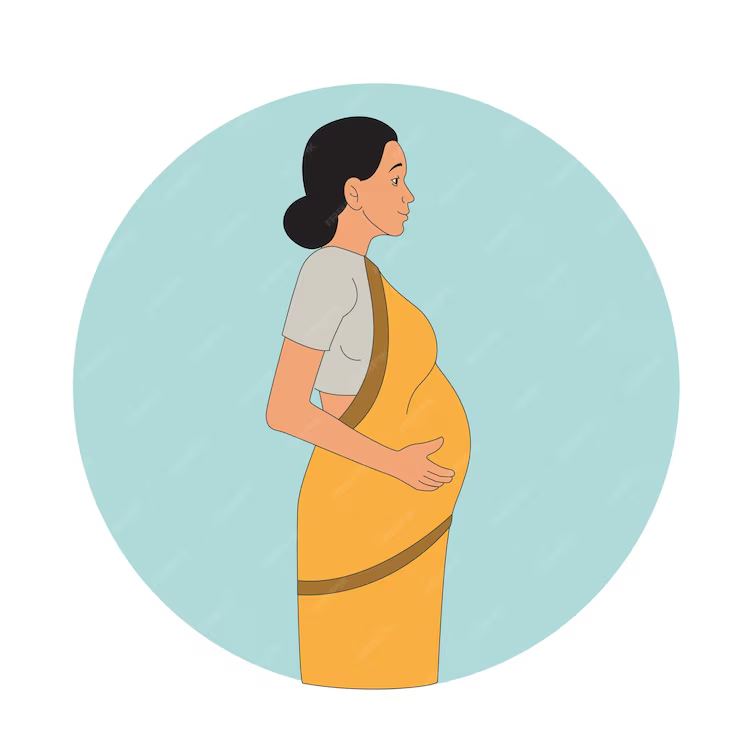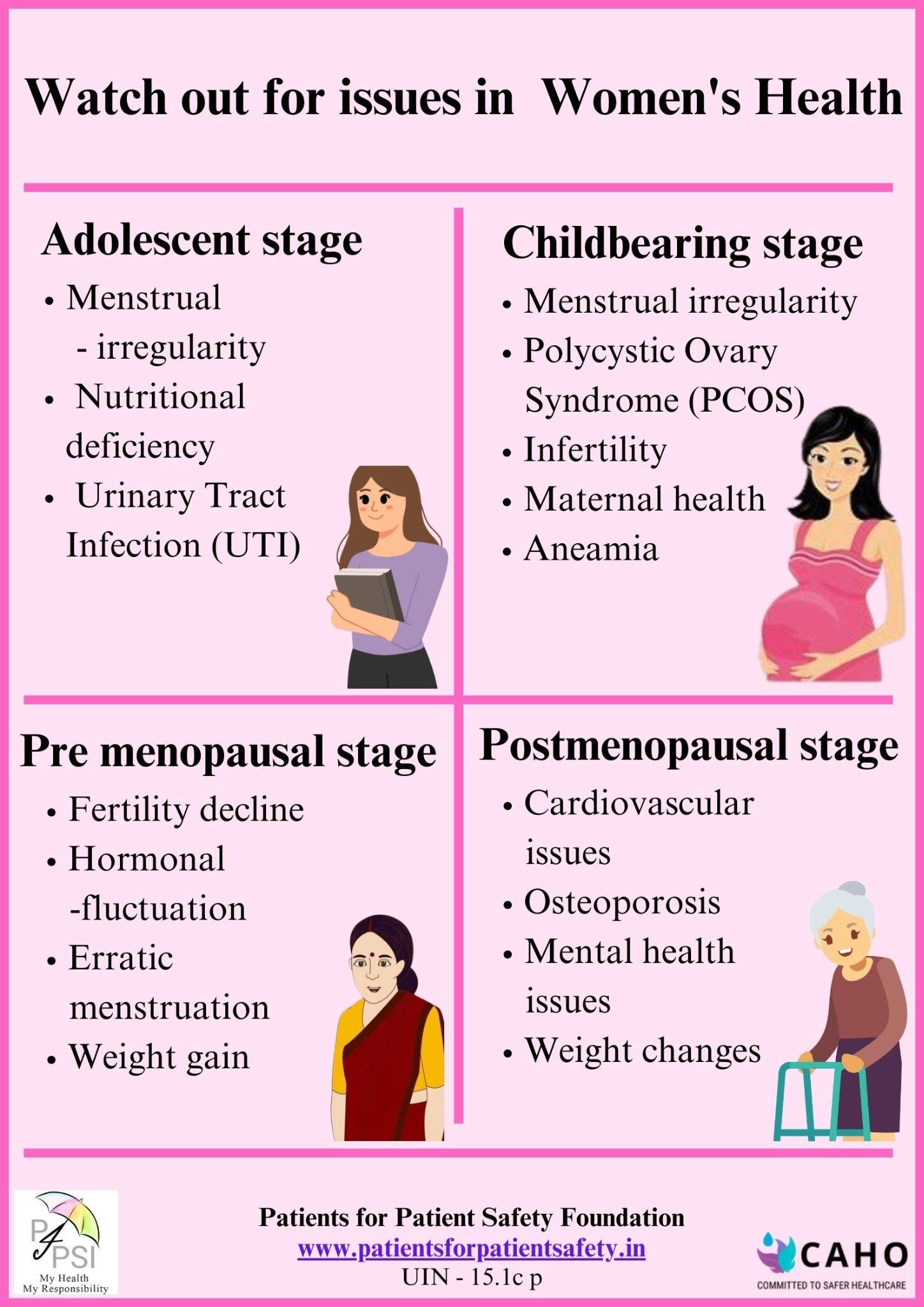
Postnatal Care: Ensuring a Healthy Recovery for New Mothers
Postnatal care
One of the greatest joys is to be blessed with a healthy child. The pain and effort a mother goes through during nine months of pregnancy and labour are all forgotten when she holds her child for the first time. No matter what type of delivery, natural vigina birth or cesarean birth (C-section), your body will need time to heal.

Postnatal care, also known as postpartum care, refers to the medical, nutritional and emotional care provided to a woman and her newborn following childbirth. This period typically extends for several weeks or months after delivery as they transition to life after childbirth. Postnatal care involves monitoring and addressing physical and emotional changes, providing support and ensuring their well-being.
Common issues that women may experience after childbirth include:
Childbirth puts extra stress on the mother which in most cases the body is designed to recover however some people may have problems.
- Physical recovery: Physical discomfort, including perineal pain, sore breasts and fatigue as their bodies recover from childbirth.
- Emotional well-being: Postpartum mood disorders, such as postpartum depression or anxiety due to hormonal changes, can affect some women..
- Breastfeeding challenges: Some mothers may encounter difficulties with breastfeeding, including latching issues, nipple pain or concerns about adequate production.
- Sleep deprivation Adjusting to the demands of a newborn's sleep patterns can be challenging, leading to sleep deprivation for new parents.
- Body image: Changes in body shape and weight gain during pregnancy can contribute to body image concerns for some women.
- Postpartum bleeding: After childbirth, women typically experience postpartum bleeding (lochia), which can be a concern if it becomes excessive or prolonged.
- Urinary and bowel changes: Women may experience changes in urinary and bowel function, including incontinence or constipation, during the postpartum period.
Who is at risk for postpartum complications:
Women with chronic conditions such as cardiac disease, obesity or high blood pressure are at a greater risk of pregnancy-related complications. If individuals have these risk factors, monitoring postpartum health is particularly important.
How to deal with postpartum depression and signs to watch out for:
Postpartum depression is a common condition that impacts many new birth parents. It is a complex mix of physical, emotional and behavioural changes that can happen after childbirth, causing feelings of depression, sadness, anxiety, hopelessness, guilt and fatigue. If you experience any of these feelings or thoughts, do not hesitate to reach out to your healthcare provider for guidance and support. Additionally, talking openly with friends and family can provide valuable emotional support.
Caring for your health after delivery:
After delivery, you may think that you can jump back into life as normal. However, this time in your life is full of adjustment to life with a newborn, as well as a time of recovery. It is important to remember that childbirth is something your body will need to recover from over time.
- Rest: The first few weeks after delivery are an important time for you to rest whenever you can. Try and sleep or rest when your baby sleeps. This rest will help you recover.
- Avoid heavy lifting: anything that’s heavier than your baby while you are recovering. This is especially important if you’ve had a C-section delivery.
- Limit your stair climbing: Try to limit the number of trips you take up and down the stairs each day while you heal.
- Wash your hands always after you visit the bathroom, change your baby’s diaper and before feeding your baby.
- Maintain a nutritious diet to support your body's recovery and provide essential nutrients, especially if breastfeeding. Continue taking your prenatal vitamins every day.
- Attend postpartum checkups with your healthcare provider to monitor your physical and emotional well-being.
By taking proactive measures during pregnancy, you contribute to a healthier postnatal experience. Open communication with healthcare providers, staying informed and prioritizing postnatal care you can enhance the chances of a quick recovery and enjoy motherhood fully.

 Back
Back